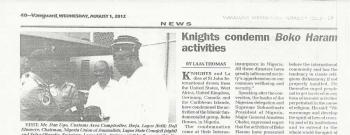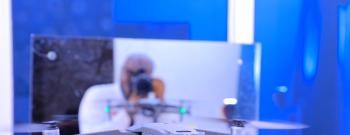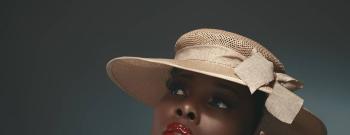Know Your Camera

Cameras on the market today come in many different shapes and forms. Digital cameras, point-and-shoot, and single-lens reflex are just a few of the types available. While the parts of a camera will vary from model to model, basic parts are found on virtually every camera. An understanding of these basics will help you to know your way around most cameras you encounter.
Lens
The lens, which is made of glass, is used to let light into the camera. Some cameras have a single, built-in lens while others have detachable lenses. The type of lens you use affects the appearance of the image. Some lenses create distortion, while others create a very close approximation to what is seen with the human eye.
Viewfinder
The viewfinder is the area on the camera that you look through in order to compose your shot. For some cameras, an LCD screen is used as a viewfinder, or your camera may have the option to use either one. Once your photo is taken, it may not look exactly like what you see through the viewfinder. Factors such as lighting, lens, camera settings and your camera's capabilities will affect the finished result. Because of this, the viewfinder is not intended as a preview of your photo, but rather a tool to aid you in taking it. You, as the photographer, determine the final result.
Mode Dial
Most cameras today have a variety of functions and automatic features. The mode dial allows you to select different options, such as automatic mode, program mode, sport mode or macro mode. Older cameras may not have a mode dial, because all of the settings are manual. There are also some compact cameras that use a touch-screen for selecting options instead of a dial.
Focus Ring
Film or digital SLR cameras will most likely have a focus ring. This is a ring typically found on the lens that allows manual control of the camera's focus. You can decide if you want the whole image in focus, or just a part of it. Many cameras have an auto-focus feature in addition to the focus ring. Other cameras, such as point-and-shoot cameras, will not have a focus ring at all, as all of the focus is set automatically.
LCD Screen
The majority of cameras on the market today come standard with an LCD screen. Older film and digital cameras may not have one. The LCD screen is used to view and change options and settings, view pictures after they are shot, and on some cameras, as a viewfinder. Some cameras allow you to edit photos while they are still on camera, and the LCD screen makes this possible.
Shutter Release Button
Every camera comes equipped with a shutter release button. This is simply the button on the camera that is used to snap the picture. It opens and closes the shutter, allowing the necessary light and information to enter the camera. The amount of time the shutter stays open depends on what you have your shutter speed set to.
Aperture
The aperture, also called the f-stop, is the size of the lens opening. It controls the amount of light allowed through the lens and combines with shutter speed to expose a picture. With traditional film cameras, the aperture is controlled by turning a ring on the lens. In digital SLRs, aperture is set through the electronics inside the camera body. The f-stop number is a fraction calculated by the aperture's diameter divided by the focal length of the lens.
You can always become an expert by registering for the full course with Magnus Film Academy, https://www.magnusfilmacademy.com/admission
Feel free to tag, share and comment.








